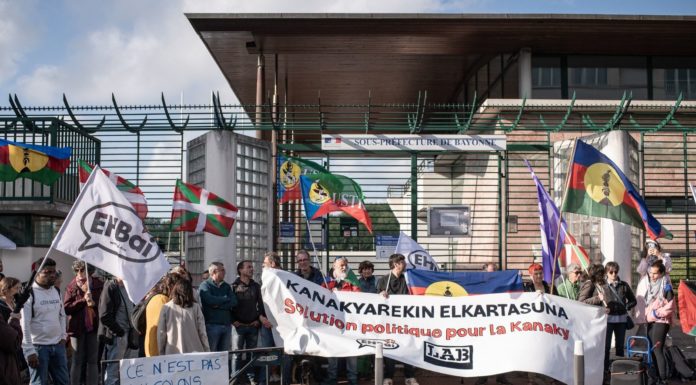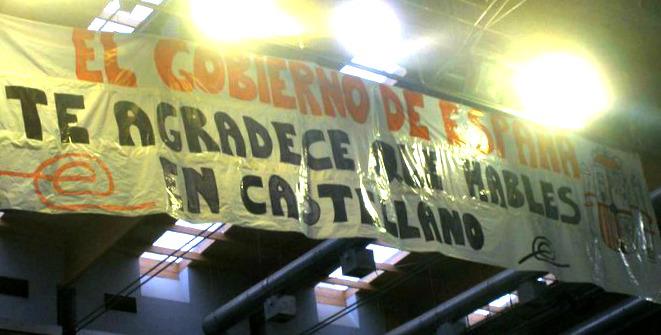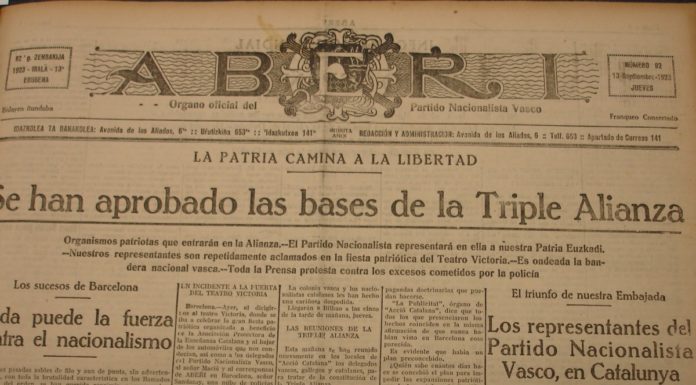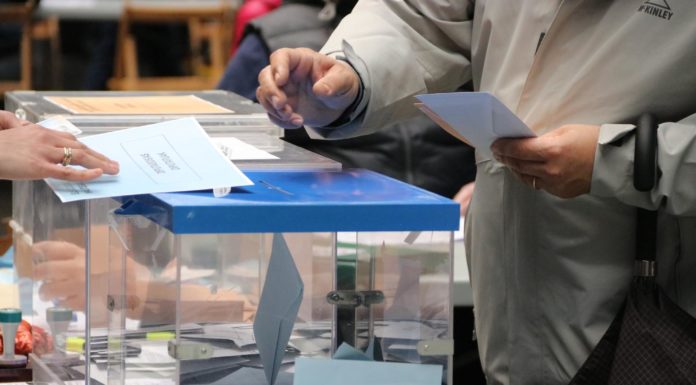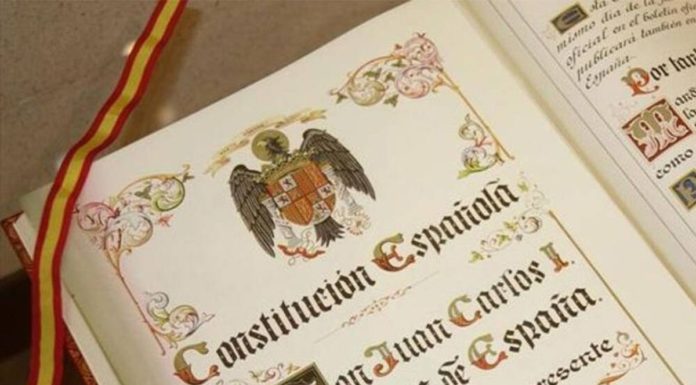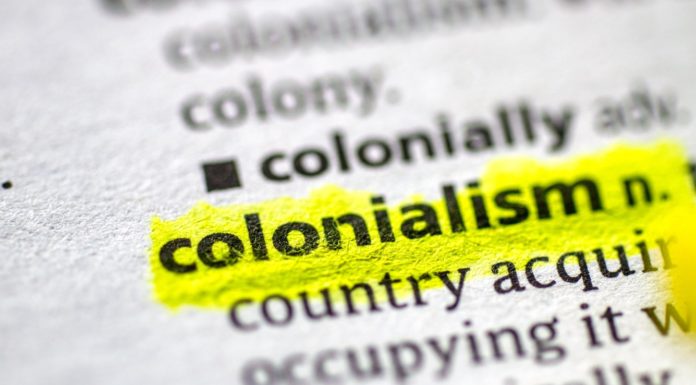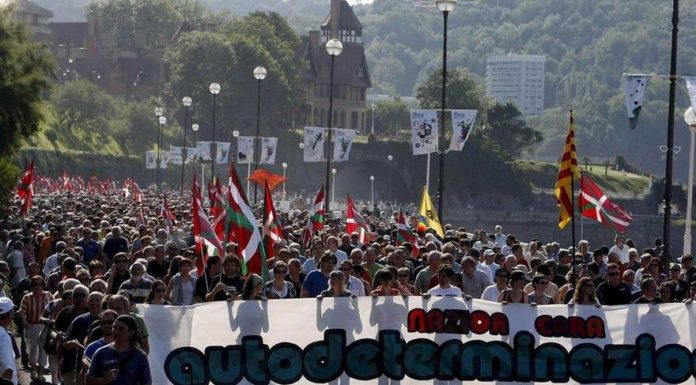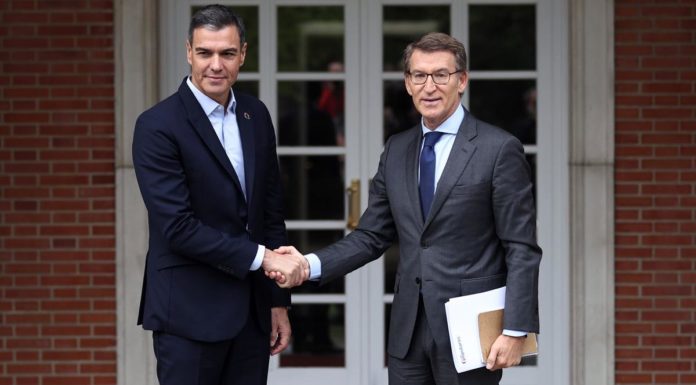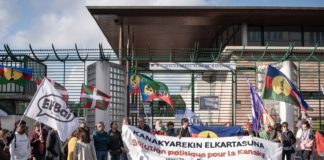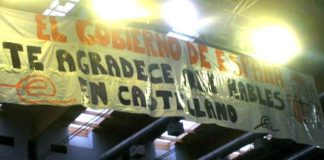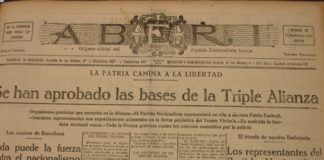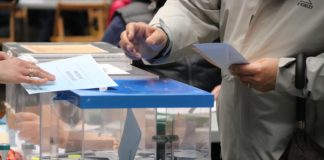"Rebellion in the Pacific Ocean colonies" could also be the title of this Editorial. A title that would reflect very well the atmosphere of the last few months in New Caledonia (Kanaky, in the local language), a French colony since 1853. The autochthonous population (Kanaks), mostly pro-independence, has become recently fed up with French imperialist policies and held large...
Opinion
REQUEST TO THE BASQUE NATIONALIST PARTIES (A SIMPLE, SIGNIFICANT, COMPELLING AND EFFECTIVE ONE)
For the next term, we wish to address a specific request to the Basque nationalist parties to always speak in Basque in the parliaments of the Southern Basque Country and Spain.
One does not need to be an expert to understand that all languages hold symbolic and instrumental value. Languages provide a means of communication among people, while at the...
In our group Naziogintza we have lamented more than once that we Basques know very little about our history, including our recent history. Therefore, some historical episodes of great importance remain ignored, in the shadows of our collective imagination.
In this article we want to bring to light one of those historical episodes: the pro-independence pact signed 101 years ago...
On April 21, the citizens of Alava (excepting Treviño), Bizkaia and Gipuzkoa will have to decide once again the composition of the Parliament of the Western Basque Country (Basque Autonomous Community). According to all polls, that parliament will have a large Basque nationalist majority (currently that majority is at 70%). It is foreseeable that the political forces in favor...
Last 6 December, the Spanish celebrated their customary Constitution Day. By contrast, this terrible date reminds us of our political subjugation. While some sectors and individuals of our nation worked that day, most Basque workers held the 6 December as a bank holiday, the first of a long weekend, the gateway to a leisurely parenthesis. We need our own...
GARI ERLEAGA.
Abstract:
The author of this article notes that the administrative division of the Basque nation is also reflected in our own national symbology.
Based on this reality, he emphasizes the acceptance of an ancestral Basque symbol, the so-called LAUBURU ("four heads" in Basque). The lauburu is a symbol that unites all Basques, regardless of our particular ideologies.
It already appears in...
The first part of the article we published, here: https://www.naziogintza.eus/en/political-dictionary-of-naziogintza-part-1/
BASQUE LANGUAGE (EUSKARA): The language of the Basque Country. Can we imagine a German who does not know German, a Spaniard who does not know Spanish, a Frenchman who does not know French? Nor can we imagine an Euskaldun who does not know Basque.
EUSKALDUN: A person who speaks the Basque language....
Unfortunately, political culture is not very common among the Basques. Not even among Basque nationalists. As a result, we often use basic political concepts incorrectly, and in doing so we always come out losers in the ideological confrontation.
We want to gather some political concepts in this dictionary so that not to get entangled in ideological discussions. It is not...
DIONISIO AMUNDARAIN.
Abstract:
In this article, Mr. Dionisio Amundarain laments the fact that the next Spanish elections, to be held on 23 July, are interpreted by many people in the Basque Country on a Spanish rather than a Basque national level.
He also regrets that the two main Basque nationalist parties, EAJ/PNV and EH BILDU, do not collaborate more actively with each...
We were surprised by the Spanish President's decision, in a fit of desperation, to bring forward the Spanish elections. And this obliges us to clarify as soon as possible the doubts we had regarding these elections. Although in the Naziogintza Taldea group we had started a discussion on the position to adopt with regard to the Spanish elections, the...

